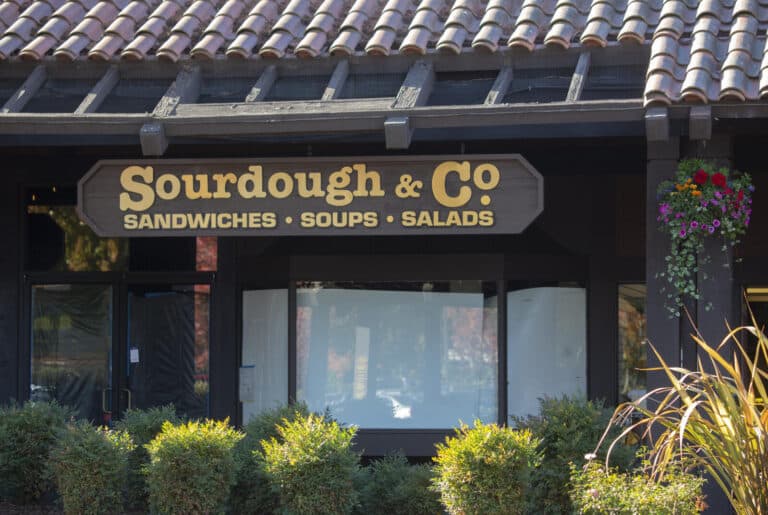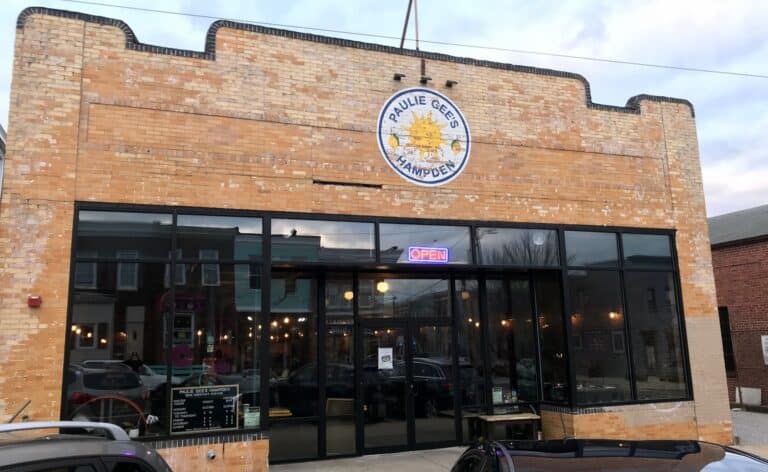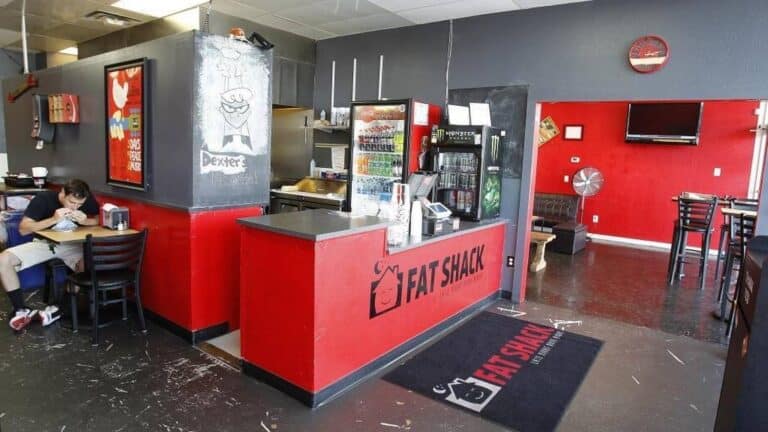Krispy Kreme Franchise Costs $2.0M – $4.3M (2024 Fees & Profits)

Krispy Kreme, founded in 1937 by Vernon Rudolph in Winston-Salem, North Carolina, is one of the most iconic and beloved doughnut brands in the world. Known for its signature Original Glazed® doughnut, Krispy Kreme has become a household name, offering a variety of fresh doughnuts and coffee.
The brand has grown significantly since its inception, expanding into more than 35 countries with nearly 13,000 points of access, which include its doughnut shops, retail partnerships, and a thriving e-commerce and delivery network.
The headquarters of Krispy Kreme is now located in Charlotte, North Carolina. The company began franchising in 1947, which helped fuel its rapid expansion both in the United States and internationally.

Initial investment
Here’s what you can expect to spend to start a Krispy Kreme franchise.
Note: The table above provides a snapshot of the main costs associated with starting the most common franchise format (as disclosed in the Item 7 of the Franchise Disclosure Document). For a complete overview of all the expenses involved with the various formats offered by the franchisor, please consult the Franchise Disclosure Document.

Franchise fees & Royalties
Here are the main ongoing fees the franchisor will ask you to pay going forward to run the franchise.
Initial Franchise Fee
The initial franchise fee for a Krispy Kreme franchise is $25,000 for a traditional shop, $12,500 for a commissary facility, and $7,500 for a kiosk.
Royalty Fee
Krispy Kreme franchisees are required to pay a royalty fee of 4.5% of gross sales.
Marketing/Advertising Fee
The marketing/advertising fee is 2.5% of gross sales.
Brand Fund Fee
Franchisees must contribute 2.5% of gross sales to the brand fund.
Technology Fee
Krispy Kreme franchisees must pay a technology fee of up to $300 per location per month.
Transfer Fees
The transfer fee for a Krispy Kreme franchise is $10,000.
Renewal Fees
The renewal fee for a Krispy Kreme franchise is $12,500.
Download the Franchise Disclosure Document
Franchise pros and cons
The Pros
- Brand recognition: The Krispy Kreme brand is well-known in the US and worldwide. Its popularity is a big advantage when establishing new franchises in any location
- Strong customer retention: With an established business line, Krispy Kreme enjoys huge customer retention. The company has developed a tradition that keeps customers loyal to its warm, tasty confections
- A broad selection of products: To keep up with the modern competition, Krispy Kreme keeps expanding its product base. This allows them to venture into new markets and keep up with changing customer trends. Krispy Kreme offers a wide variety of classic doughnuts and seasonal varieties, as well as beverages and icy treats, in addition to their traditional warm glazed doughnuts.
- Proven working model: Krispy Kreme has some great experience, having been in operation for over 75 years. They understand what works or doesn’t in the doughnut industry. They can then provide new franchises with expertise and advice on how to be profitable.
- No requirement for direct management. If you’re just interested in financial investment, the Krispy Kreme franchise is the best option. It allows investors to employ direct managers to run the franchises on their behalf.
- New markets: The Krispy Kreme Company continues to explore new markets for expansion in the US. For instance, they are planning to remodel 350 of their US stores and open 45 new ones. This creates numerous market opportunities for new franchises.
The Cons
- Long approval process: The process between the signing of the Krispy Kreme franchise and starting operations can take up to 65 weeks. In addition to the approval process, you must undergo a 2-month onsite training as well as 15 days of classroom training to learn about business management and the food industry.
- No exclusive territory protection: One model Krispy Kreme has advocated is aggressive growth. As such, they promote growth over profitability. Therefore, as a new franchisee, you may find yourself competing with another franchise in the same location.
- Competition from big companies: With many doughnut lovers worldwide, Krispy Kreme does not operate in a vacuum. Many competitors, like Dunkin’ and Horton’s, are offering the same doughnuts and coffee. With customers having many options, your Krispy Kreme franchise may face stiff competition.
How to open
Opening a Krispy Kreme franchise involves several steps, designed to ensure you are a good fit for the franchise. Here are the main steps to follow to open a Krispy Kreme franchise.
1. Research the Franchise Opportunity
- Understand the brand’s requirements and determine if you meet the criteria.
- Evaluate the investment cost, including franchise fees, equipment, and initial inventory.
- Review Krispy Kreme’s Franchise Disclosure Document (FDD) for detailed information.
2. Financial Requirements and Initial Investment
- Ensure you have the necessary capital, which includes a minimum liquid capital requirement and net worth.
- Be prepared to invest in the franchise fee, construction costs, and other startup expenses.
- Consider ongoing fees such as royalty and marketing contributions.
3. Submit a Franchise Application
- Fill out and submit Krispy Kreme’s franchise application form.
- Provide details about your financial situation, business experience, and preferred location.
- Await approval and feedback from Krispy Kreme’s franchise development team.
4. Complete the Franchise Training Program
- Once approved, participate in Krispy Kreme’s comprehensive training program.
- Training typically covers operations, marketing, customer service, and management.
- Training is designed to equip you with the skills necessary to operate your franchise successfully.
Disclaimer
Disclaimer: This content has been made for informational and educational purposes only. We do not make any representation or warranties with respect to the accuracy, applicability, fitness, or completeness of the information presented in the article. You should not construe any such information or other material as legal, tax, investment, financial, or other professional advice. Nothing contained in this article constitutes a solicitation, recommendation, endorsement, advertisement, or offer to buy or sell any franchises, securities, or other financial instruments in this or in any other jurisdiction in which such solicitation or offer would be unlawful under the franchise and/or securities laws of such jurisdiction.
All content in this article is information of a general nature and does not address the detailed circumstances of any particular individual or entity. Nothing in the article constitutes professional and/or financial and/or legal advice, nor does any information in the article constitute a comprehensive or complete statement of the matters discussed or the law relating thereto. You alone assume the sole responsibility of evaluating the merits and risks associated with the use of any information or other content in this article before making any decisions based on such information or other content.




